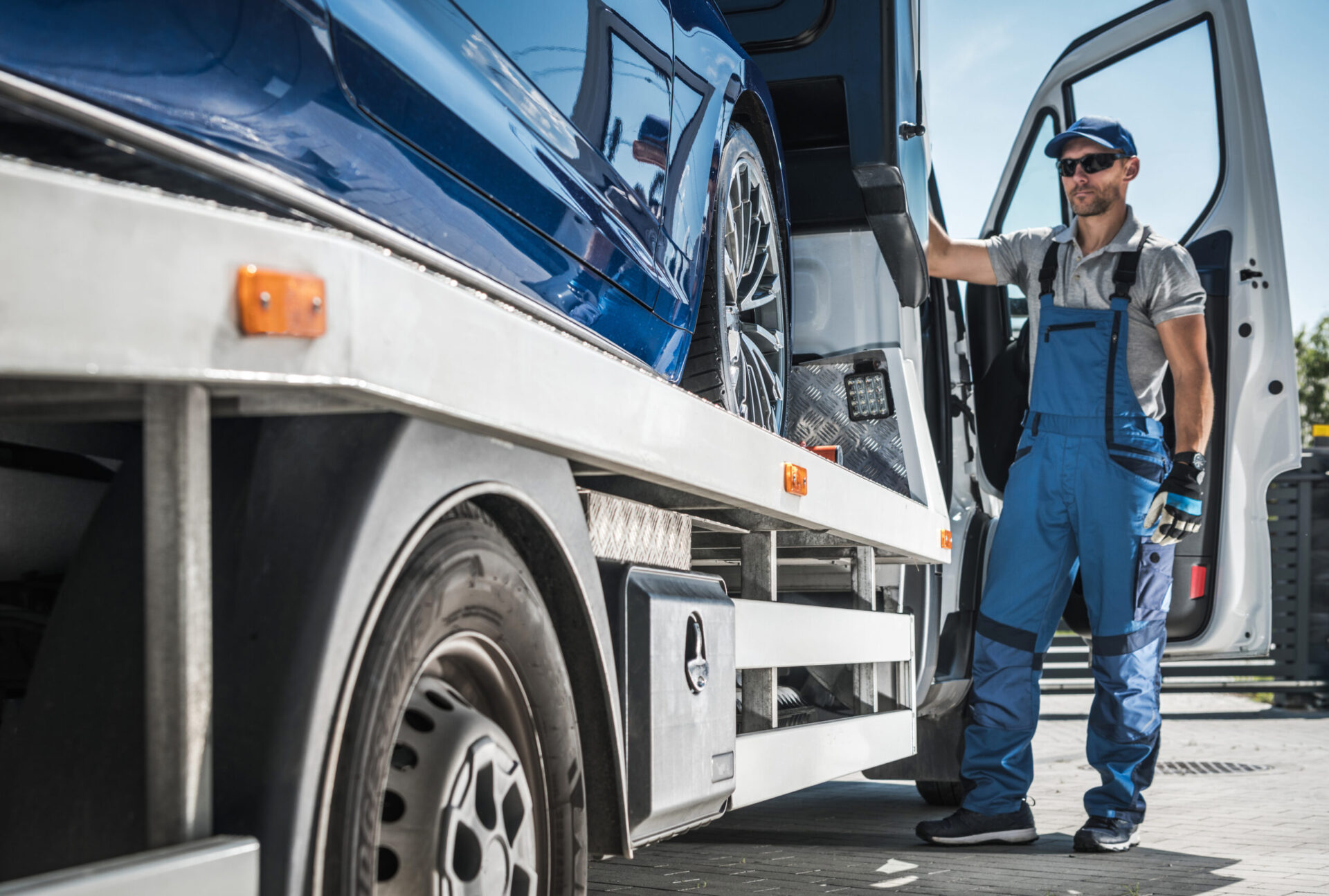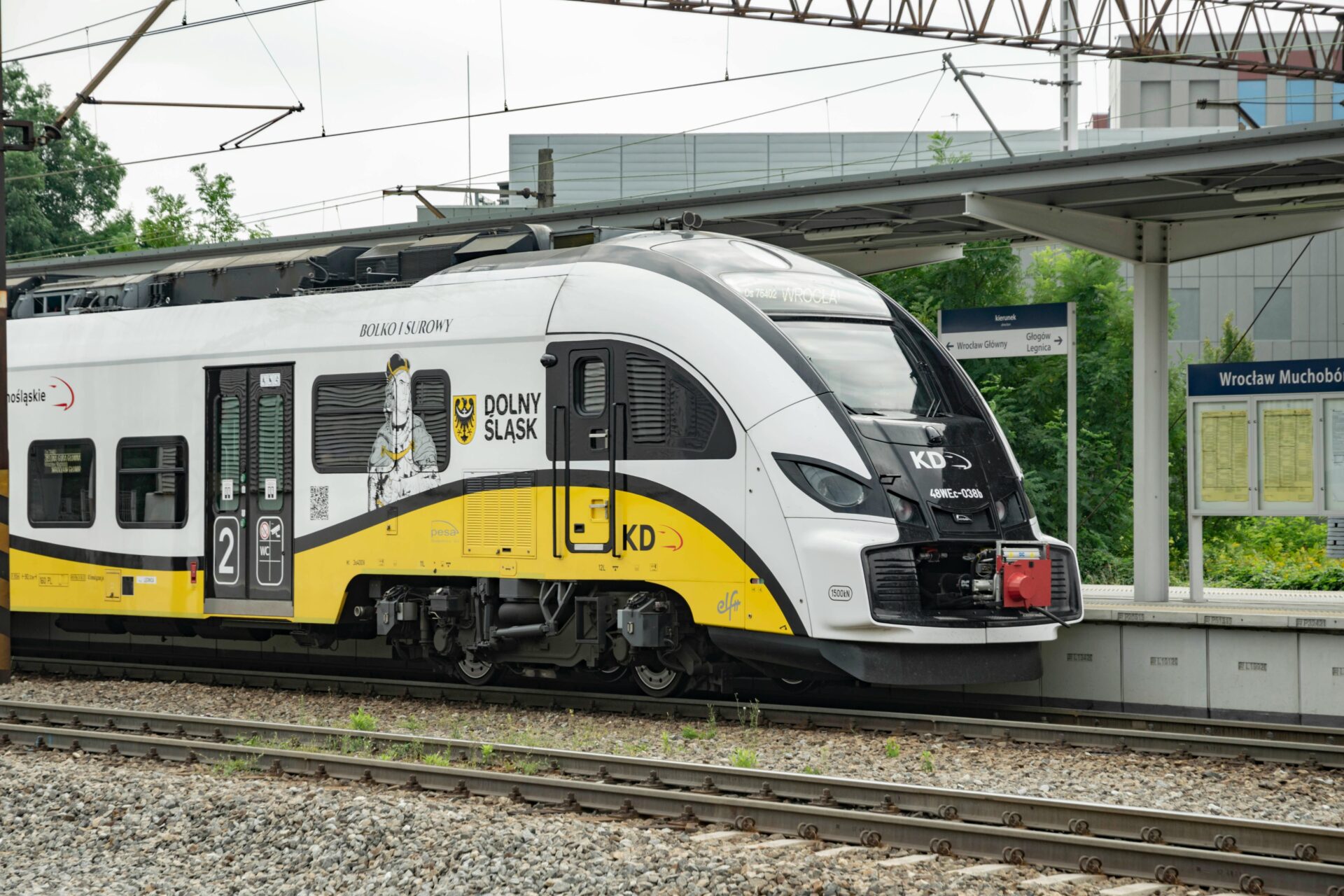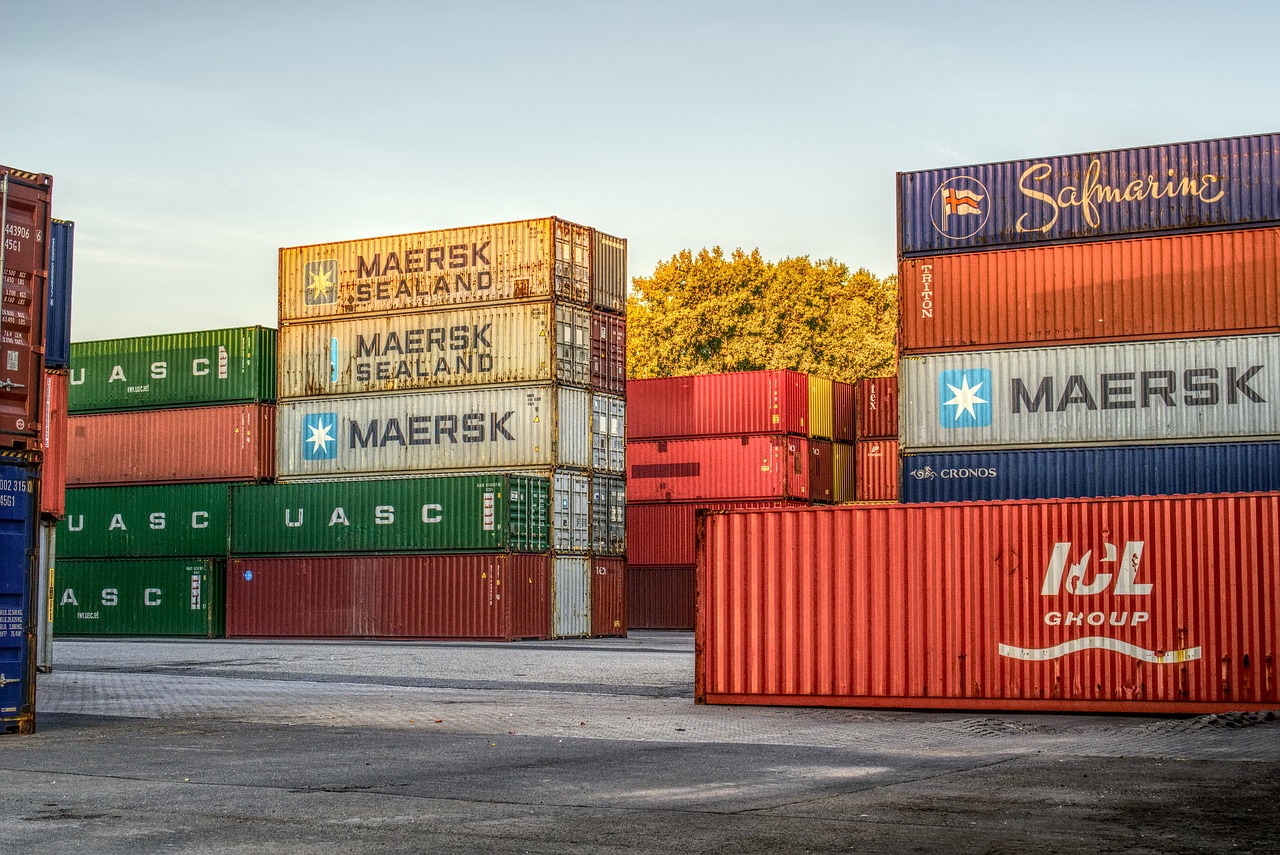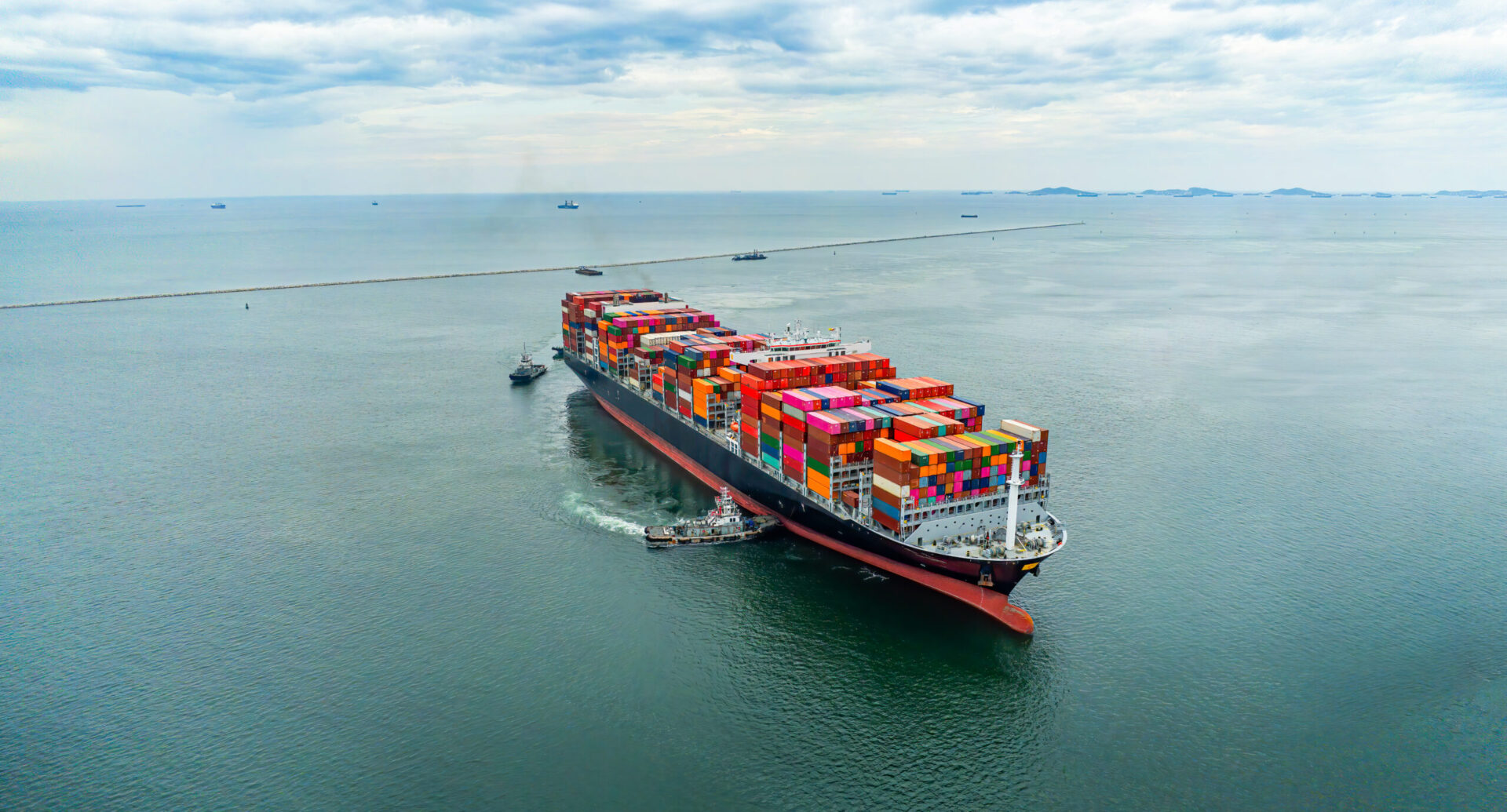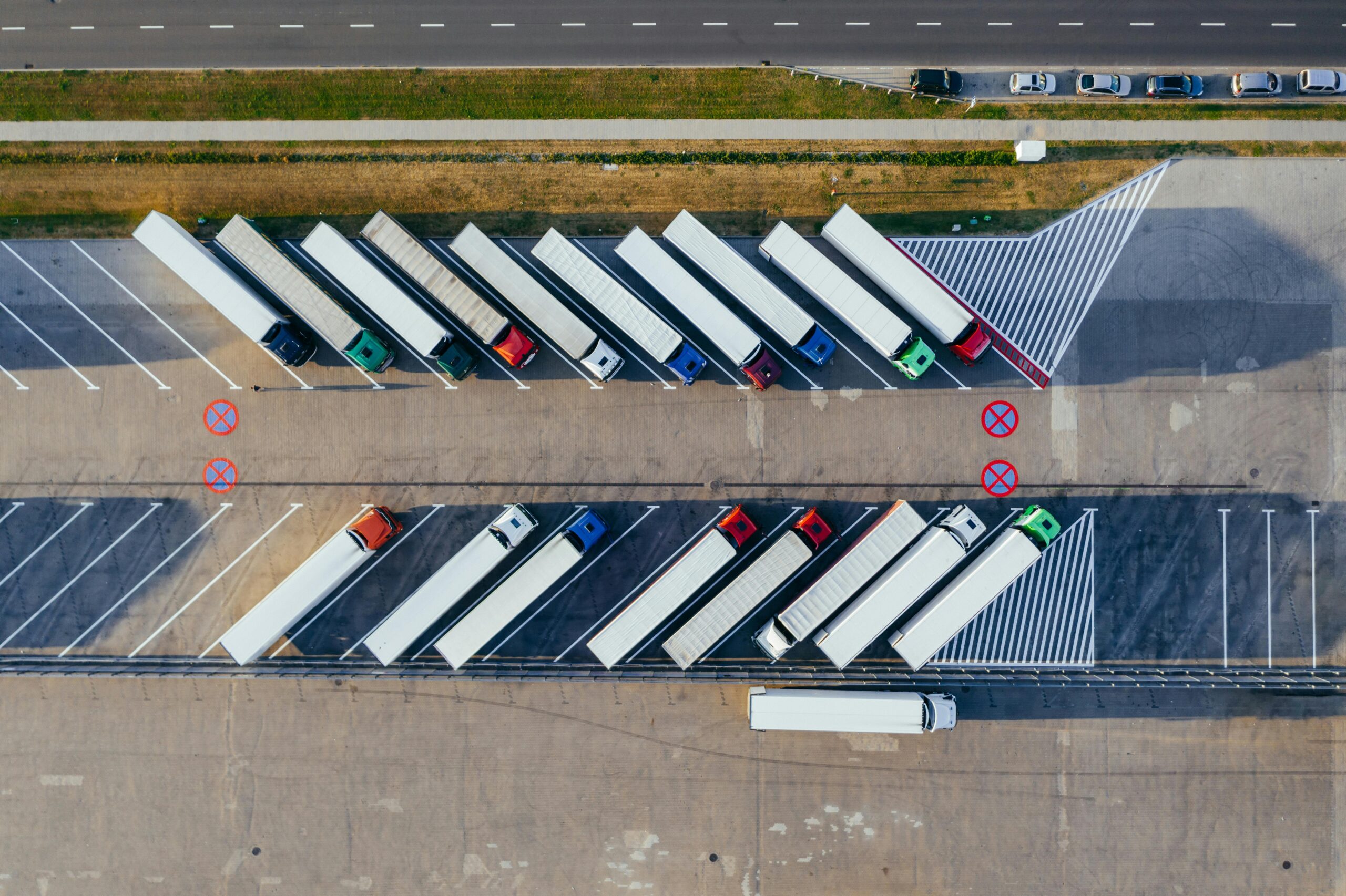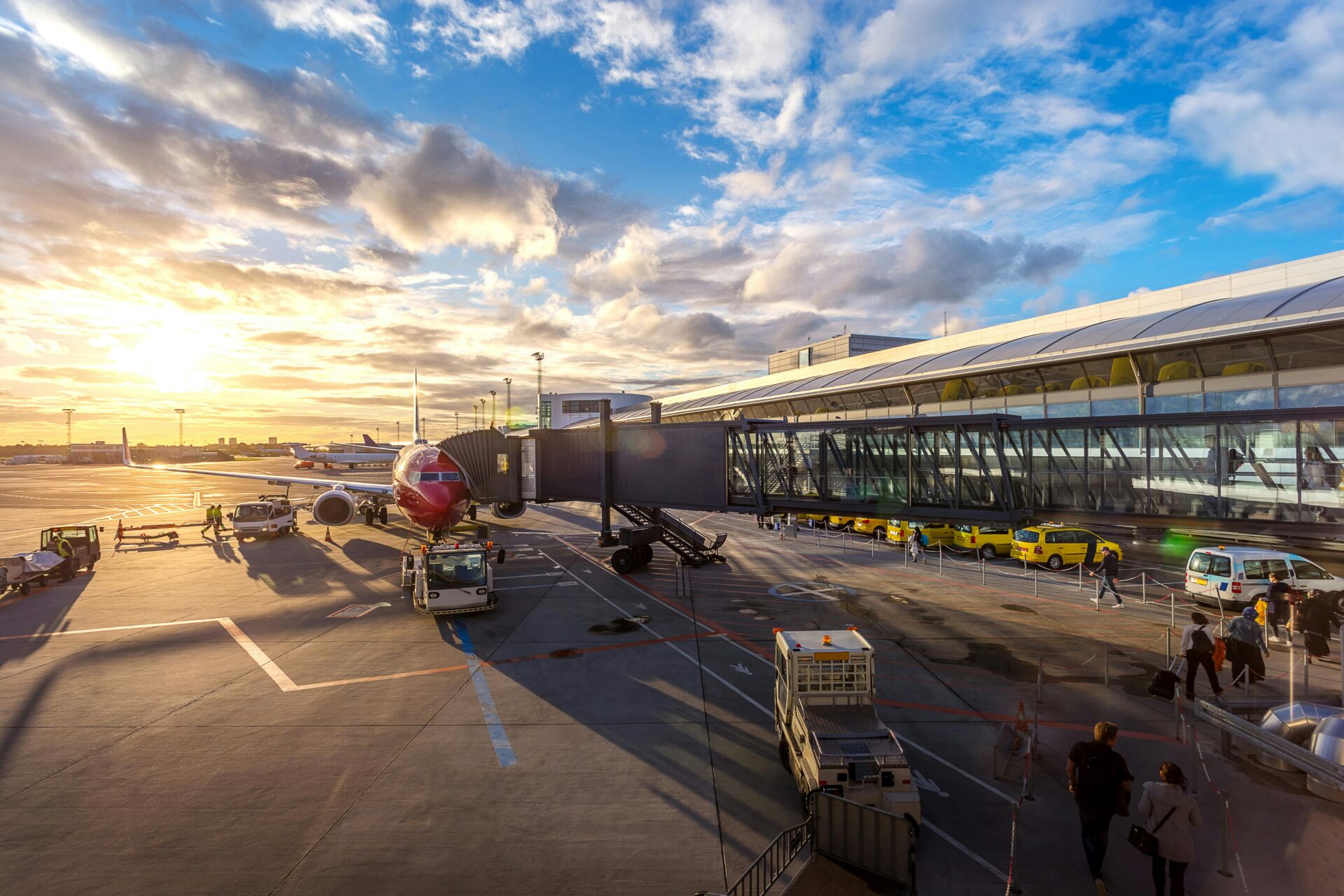The icon of Poznań, the famous ‘Okrąglak’, has been hosting a new branch of our company since the beginning of September. This is the 8th branch of ASL on the map of Poland.
Strategic location
This is what Mariusz Rogowski, board member and partner at ASL Group, says about the new investment: ‘Poznań is a strategic location for the logistics industry due to its central location in Europe and excellent transport infrastructure, including motorways, railways and proximity to the airport. The city also offers a developed network of logistics and warehousing centres, which attracts investors and facilitates the distribution of goods to national and international markets.’
A modernist gem
It is impossible not to add a few words about the unique location of our Poznań branch: ‘Okrąglak’ is a modernist building in the centre of Poznań, located at 14 Mielżyńskiego Street, on the corner of 27 Grudnia Street. It was designed by architect Marek Leykam and built between 1948 and 1954. For more than 50 years it served as a department store, and is now an office and service building. ‘Okrąglak’ is distinguished by its unique cylinder shape and glazed facade, which makes it one of the symbols of Poznań.
We invite you to visit our branch in Poznań.

 Contact
Contact 


